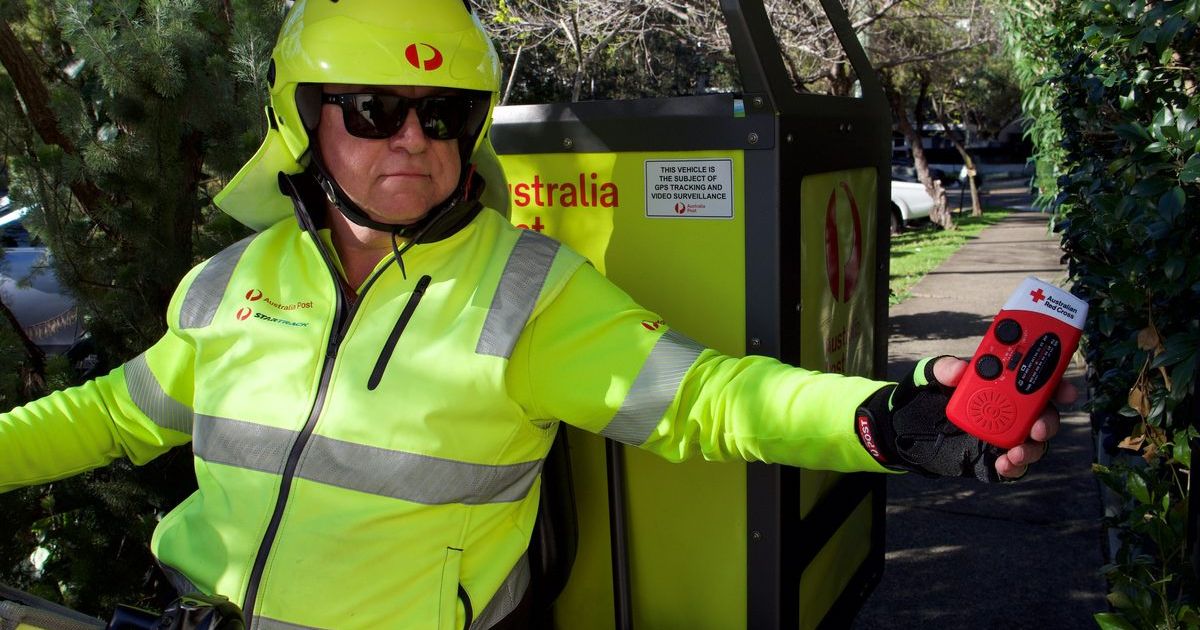Education Sector Careers: Top Pathways for Passionate Teachers

While there are many qualifications you need to possess to become a teacher, the main requirements are drive and a passion to share your knowledge. Before becoming an educator, you first need to figure out whether or not you truly love teaching.
Being an educator can be both rewarding and uplifting. Working as a teacher requires plenty of hard work, but all the effort you put in is worth it when you see your students pick up a new skill, understand a difficult concept or graduate with flying colours.
The education sector is also incredibly broad. Being a teacher might mean working with little children or adult learners, and while there is a lot of crossover between different educational professions, there are also some differences.
If you are passionate about teaching but are still undecided about your exact career goals, this article is for you. Read more to discover more about the Australian education sector and the different pathways available to aspiring educators.
-
Early childhood education
Early education in Australia begins at three or four years old, depending on the state or territory. At this age, most children will begin their early childhood education (ECE) in kindergarten, which is also known as preschool.
While there is just one primary teaching role in ECE, namely that of kindergarten teacher, you can work your way up to this position by starting off as an educator. An educator looking to work in a kindergarten must have either a Certificate III in ECE or have completed a CHC50121 Diploma of Early Childhood Education and Care. On the other hand, a kindergarten teacher requires a bachelor’s degree in ECE and registration in the relevant teaching board.
At the heart of working as a teacher or an educator in a kindergarten or childcare facility is implementing the Early Years Learning Framework (EYLF). The guidelines within the EYLF help educators plan and put in place learning programs with structured and unstructured activities. These provide opportunities for young children to learn more about the world around them and develop their creativity.
-
Primary and secondary teaching
Primary and secondary education takes place in government schools, private, specialised schools, hospitals and online or long-distance programs. Due to the diversity of options available, it’s best to check if the institution you want to work for has any specific requirements before applying.
Because teachers play a vital role in facilitating and inspiring learning and development, standards in this field are incredibly high. All primary and secondary school teachers must have a university degree in teaching or education and must be registered with the teaching board of the state or territory in which they intend to teach.
-
Primary school
Primary school teachers need to be adaptable and open-minded as they are expected to teach children between the ages of 5 to 12. The main role of a primary teacher is to formulate and administer a learning program that covers all necessary areas of the curriculum while engaging their students. As a teacher, you might possess the qualifications to teach subjects ranging from a second language to mathematics.
-
Secondary school
Secondary school students are generally 13 to 18 years old. Teachers need to specialise in two or more curriculum areas and are responsible for developing, implementing and assessing the relevant learning plan for various year-levels.
-
Specialist schools
For teachers who are passionate about a specific area of learning, specialist schools are the ideal career path. Some schools specialise in a particular curriculum area, such as performing arts, sports or a specific language. There are also educational institutions that cater to students with special needs.
Aspiring teachers looking to work in special schools need the skills and qualifications to work in a specific field. Research the specific area you’re looking to work in before applying for a position at a special school.
-
Leadership positions
Career progression in school settings is fairly straightforward. Experienced teachers can apply to positions that oversee curriculum implementation and assessment, monitor and modify teaching practices or support student wellbeing and engagement. Such roles include year level leader, leading teacher, learning specialist and assistant principal.
In a primary or secondary education setting, the most senior position is that of principal. After teaching for two or more years, a teacher can technically apply for a principal role but normally require significantly more teaching and leadership experience to be accepted.
-
Vocational and university education
Teaching isn’t limited to school settings. Vocational education and training (VET) colleges and universities provide career opportunities in a variety of roles. Lecturers, tutors and mentors are examples of student-facing jobs that require a high level of tertiary education and/or experience in the relevant field.
-
VET
VET, or Technical and Further Education (TAFE), involves training students in a practical skill. To teach in a VET institute, a high level of skill in a particular industry and a Certificate IV in Training and Assessment are the minimum requirements. Typically, you’ll need a comprehensive knowledge of and passion for your trade, which you can gain through years of industry work. VET courses include agriculture, nursing, beauty and aged care.
-
University
Teaching at universities is done by lecturers and tutors. Lecturers generally possess a PhD in a particular area of a broader field. Tutors are typically PhD candidates or PhD-holders themselves.
Lecturers are responsible for creating a unit of work, teaching it, developing tutorial sessions and assessing students against the established criteria. Tutors lead tutorials and may assist with assessment grading.
-
Careers outside of traditional education settings
Graduate and experienced teachers have job opportunities outside of the ECE, school and higher education environments. Positions in government, consultancy and business are readily available, as are jobs as a private tutor.
Remember, you’re not limited to using your teaching skills only in Australia. Working or volunteering overseas either as an English language teacher or as a teacher of another subject is a great way to broaden your horizons.
~
While there are many qualifications you need to possess to become a teacher, the main requirements are drive and a passion to share your knowledge. Before becoming an educator, you first need to figure out whether or not you truly love teaching.
If you’ve decided to work as a teacher, use the information we’ve provided in this article to determine the qualifications you need for a particular career pathway.
//SPONSORED CONTENT


















